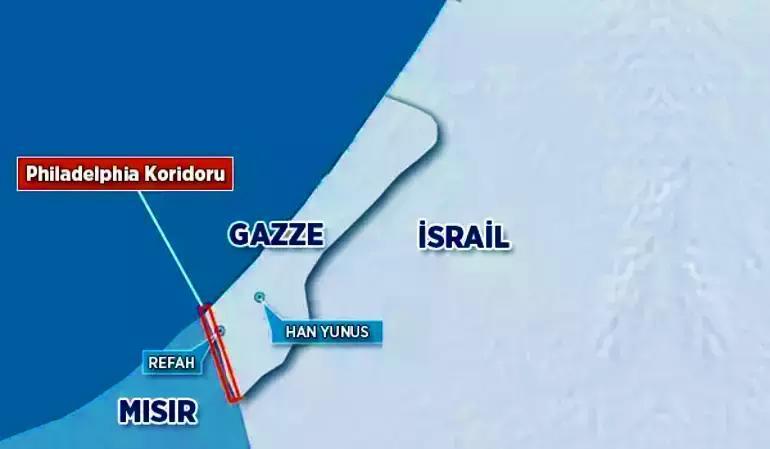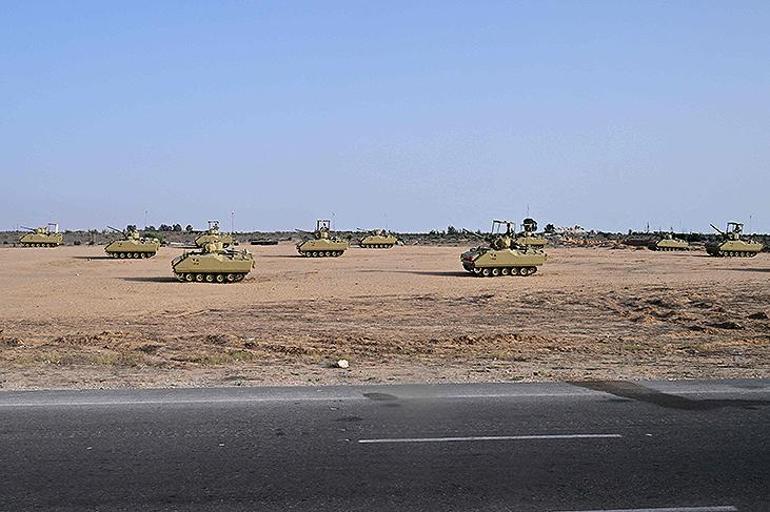
The American newspaper The New York Times published details of the negotiations between Israel and Egypt, which saw tensions rise when tanks entered the border area in early May.
In May, Israeli occupation forces launched a ground invasion they had feared and anticipated for months, attacking the city of Rafah, in the southernmost part of the Gaza Strip. Already in its second month of occupation, the land grab of the Egyptian border city that has provided refuge for 1.5 million Palestinians fleeing attacks in the north, sent thunderclouds crashing over Cairo as Israel seized the highly dangerous Philadelphia corridor along the Tel Aviv line.
The Philadelphia corridor, 14 kilometres long and several hundred metres wide, was among the red lines Egypt has warned it would not tolerate the influx of migrants at its border for months.
The entry of Israeli tanks into the corridor, which is in effect a buffer zone between the Gaza Strip and Egypt, represented a violation of the 1979 peace agreement and prompted an extraordinary response from Cairo.
Egypt, which closed the Rafah border gate, has also intervened in the genocide lawsuit filed against Israel at the International Court of Justice.
In late May, clashes broke out between Egyptian and Israeli forces in the Philadelphia Corridor, leaving one Egyptian soldier killed by mutual artillery fire.
International news agency AFP shared photos of tanks piled up by Egypt on the border in early July.

Cairo wants Israeli soldiers to leave the corridor, but the New York Times announced in a special report published today that Israel and Egypt are in negotiations about a possible withdrawal.
The report, citing two Israeli officials and a senior Western diplomat, said the withdrawal of Israeli troops from the Philadelphia Corridor is a change that could remove one of the main obstacles to a ceasefire agreement with Hamas.
Hamas, which rules the Gaza Strip, said a prerequisite was the withdrawal of Israeli occupation forces from the Philadelphia Corridor, and The New York Times noted that closed-door talks had taken place between Cairo and Tel Aviv.
The paper said Israeli Prime Minister Benjamin Netanyahu had insisted that soldiers remain in the corridor, and that conditions for a Tel Aviv withdrawal included the installation of sensors to prevent tunnel digging on the border.
The New York Times, citing three unnamed officials briefed on the closed-door talks last week, reported that Netanyahu denied the meetings, but that Defense Minister Yoav Galant said the troops could be withdrawn under certain conditions.
Egypt became the first Arab country to sign a peace agreement with Israel 45 years ago.


